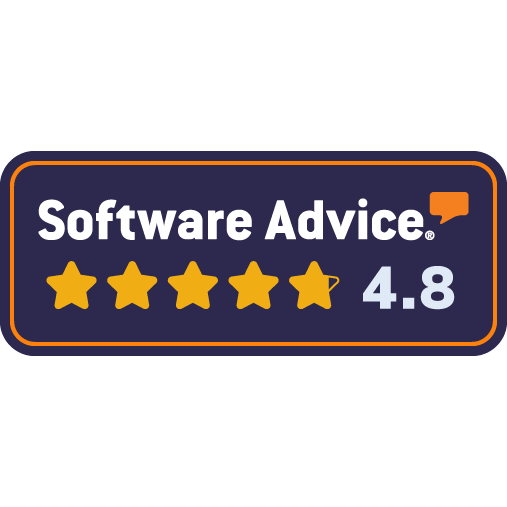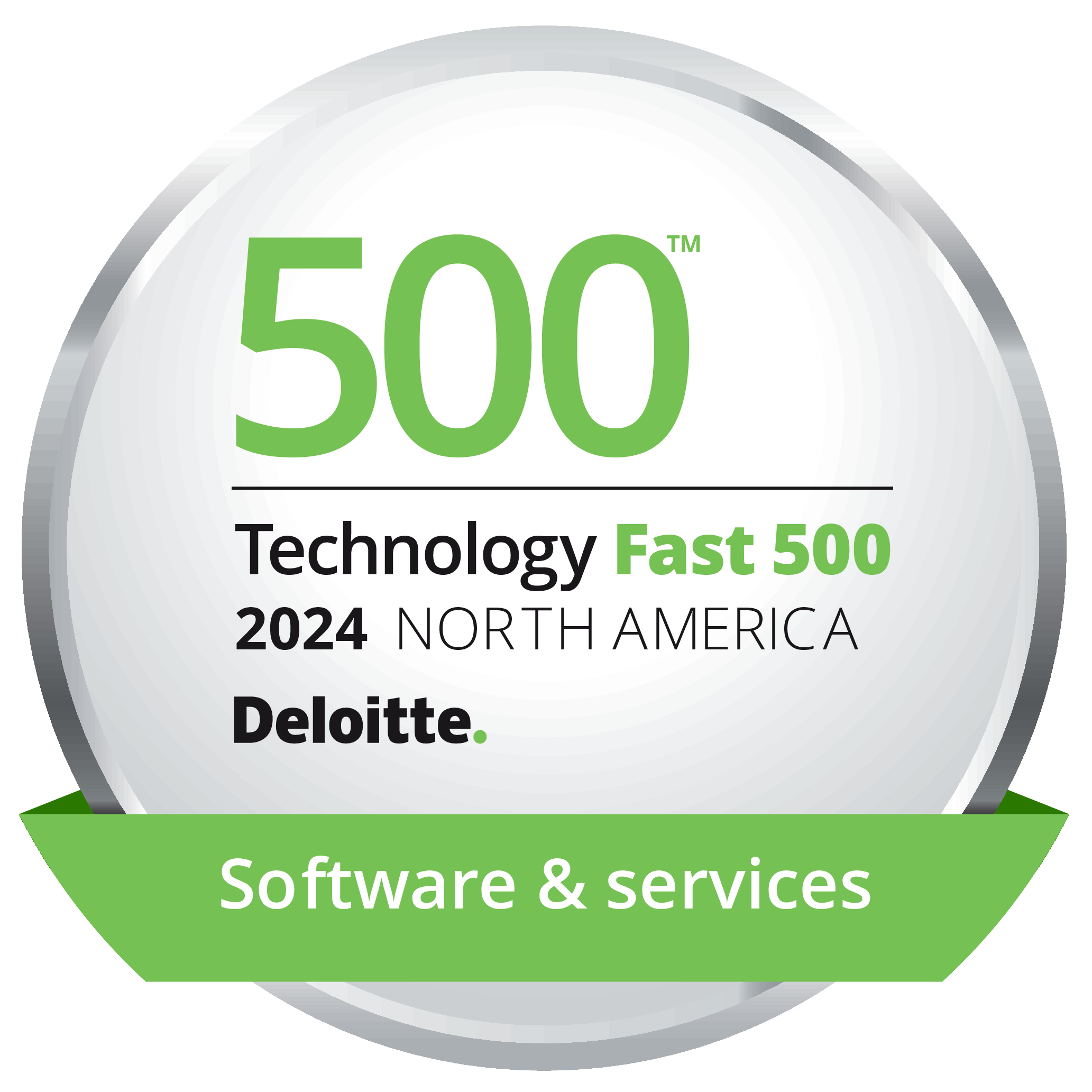Conversational AI for 2-way texting that engages leads automatically, 24/7
We filter out unqualified leads and pass warm opportunities to your team
With >98% open rates, texts are customers' #1 preferred channel
Quality assured with human-in-the-loop and compliance built in






Verse allows us to stand out in a crowded marketplace. We can make a connection via Verse, bring those clients back into our call center where they can have a human interaction with our team, and then we can really sell them on our services, set good appointments, and go on to sell those appointments. And that to me is a win, win, win.”
– Joe Tankard, CMO, Maverick Windows
Schedule some time with us